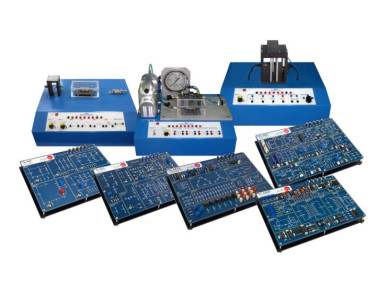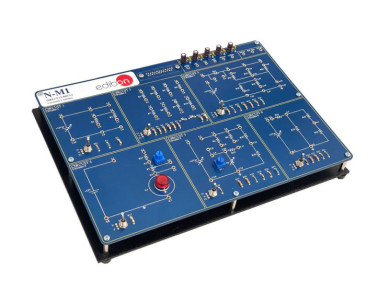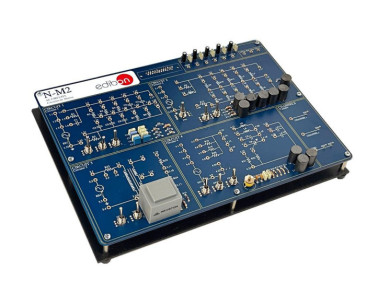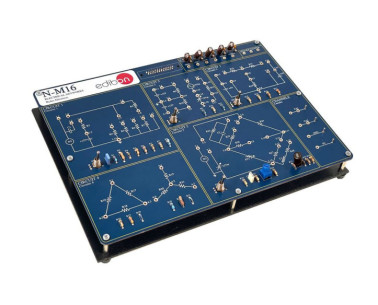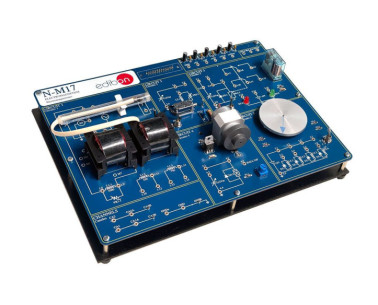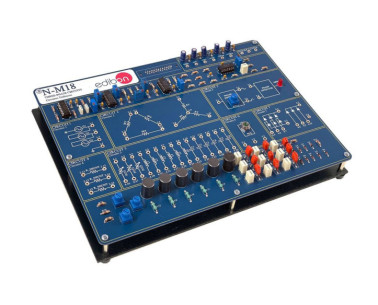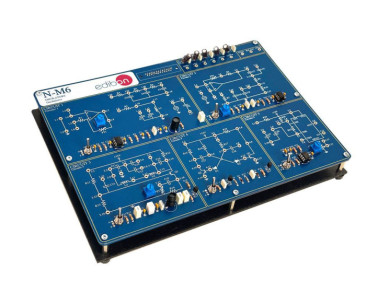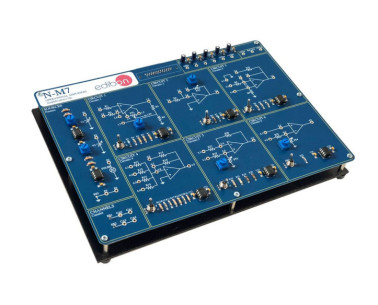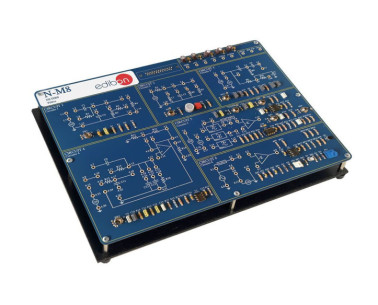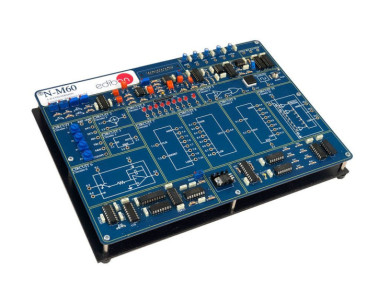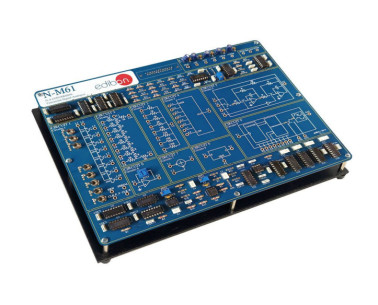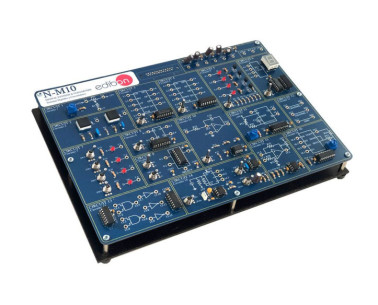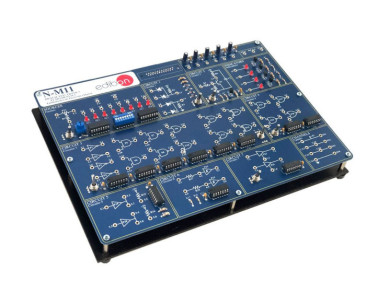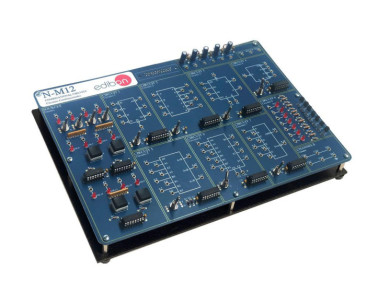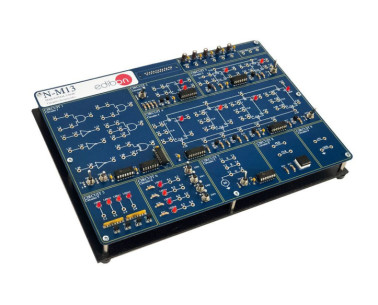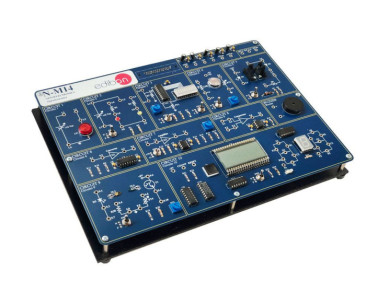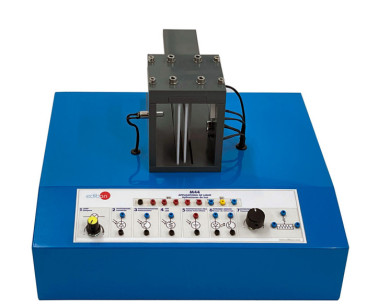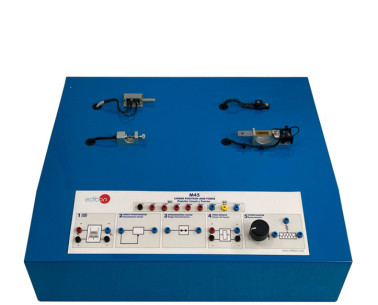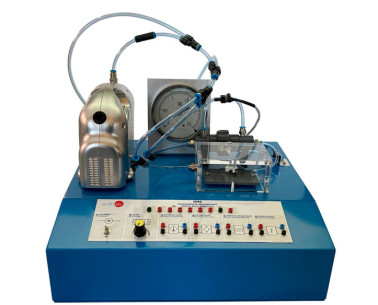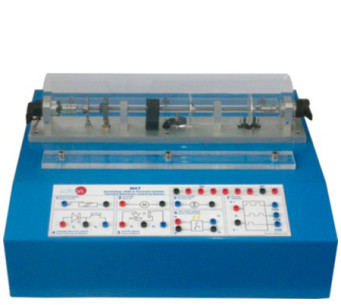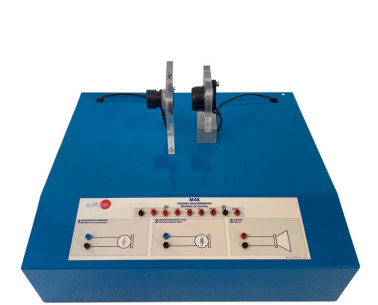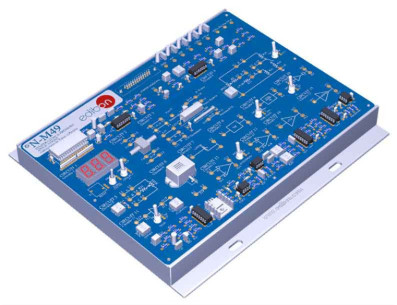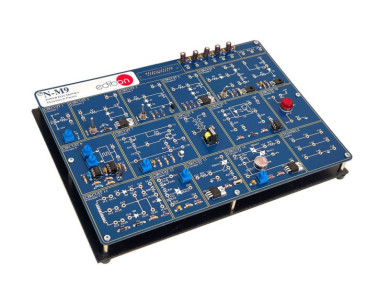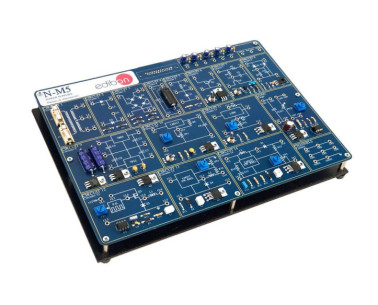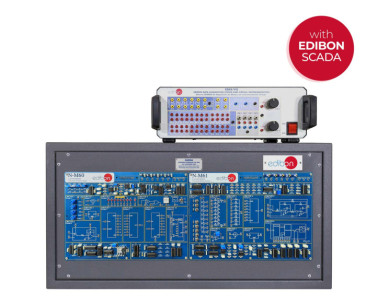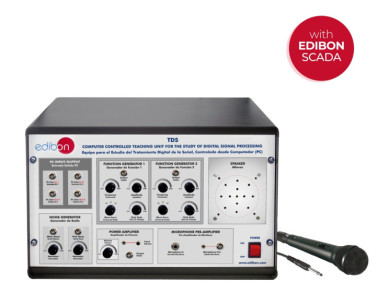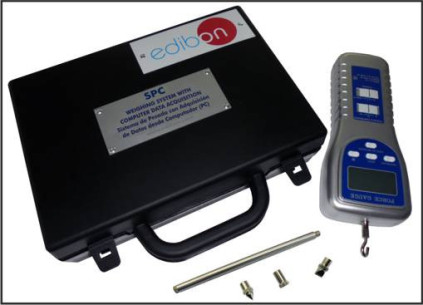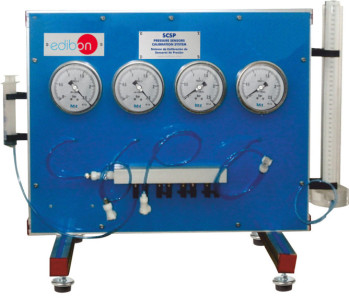FOR FURTHER INFORMATION, CONTACT US
14.2.- BIOMEDICAL ELECTRONICS
Biomedical Engineering studies the application of engineering knowledge in the field of biology and medicine. One of the most relevant areas of this engineering is the Biomedical Electronics, in which the concepts of electronics are applied for the development of medical instrumentation.
View moreNowadays, many of the processes developed in medicine need the support of Electronic Engineering to resolve certain needs. From the combination of basic electronic elements, such as resistors, coils and capacitors, to more complex circuitsfor signal conditioning, analog to digital conversion (A/D) or emission of an electromagnetic wave allow the design of devices capable of acquiring information from the organism or applying a medical treatment. In addition, electronic control techniques, such as PID controllers or neural networks, make it possible to develop medical instrumentation and equipment capable of providing substances on a controlled basis or balancing a chemical reaction (stoichiometry) in a laboratory. Other elements, such as liquid crystal displays(LCD) or LED display, offer very low energy consumption, what makes them ideal for use in portable medical devices. Combining knowledge of control and this clinical electronic instrumentation is necessary to interpret and design the electronic circuits of medical devices.
The future of Biomedical Electronics seeks to lay the foundations for the medicine of the future, in which electronic devices are able to quickly diagnose a patient and apply non-invasive therapies as efficiently as possible. In addition, electronic components will be increasingly smaller and new materials will be developed, facilitating the design of nano-robots. This technology will be able to diagnose and treat at cellular level, and even reproduce and repair DNA in an artificial and autonomous way.
View Products Cookie preferences
Cookie preferences

